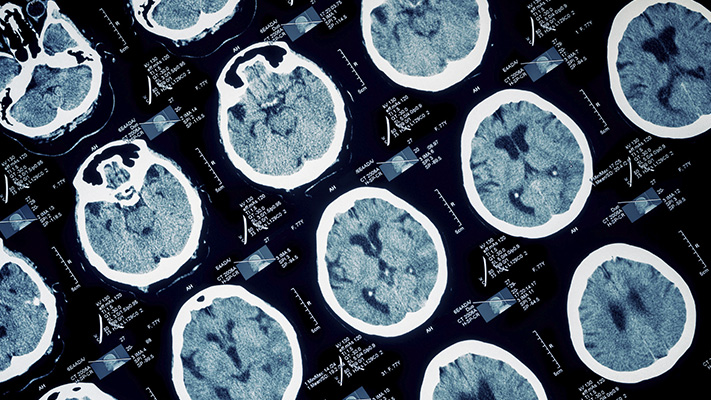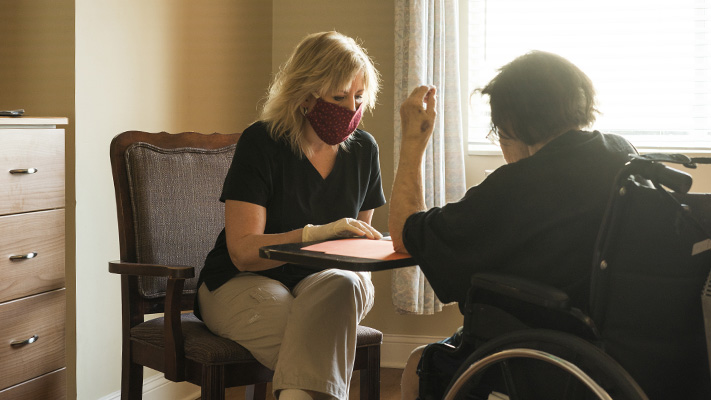If you’ve been involved in a motor vehicle accident, the chances are that you’re shaken in more ways than one. Physical injuries aren’t the only outcome of a collision, there are mental health impacts too.
However, taking the right steps after an accident can help you on the road to recovery. So, what does that involve? What do you need to know?
Mental health and self-care
While the physical injuries sustained from a motor vehicle accident can be obvious, the mental ones may not be. But it’s common and completely normal for your emotional state to be affected.
Depression, anxiety and PTSD can all result from an accident. Similarly, you may feel guilt, fear and shock and suffer with flashbacks. The important thing is not to try to cope alone. Seek professional help by contacting your doctor, finding a psychologist or counsellor or calling a helpline.
These health professionals can offer you strategies or medication to help manage your negative feelings. Remember, it won’t be an overnight fix, so stay patient and give yourself time and permission to mentally heal.
Being mentally well is linked to being physically well, so maintaining a healthy lifestyle can really help at this time. Good nutrition, hydration, quality sleep and, where possible, exercise will fuel your body and, subsequently your mind.
Insurance and legal
If you’ve been injured in a motor vehicle accident you may be eligible to claim for personal injury compensation under the Compulsory Third Party (CTP) scheme.
There are multiple circumstances which would make you eligible to make a claim. These include blameless accident, other owner or driver at fault or unidentified or unregistered vehicles at fault. However, each claim is assessed independently.
If you’re eligible for compensation, what you receive will depend on your injuries and your personal circumstances at the time. Your claim may be for economic, non-economic loss, or both.
Economic loss may cover loss of earnings if you’re unable to work, as well as your medical expenses, both now and in the future.
Organisations such as The National Injury Insurance Scheme, Queensland (NIISQ) and NDIS also offer care and support services to people injured in a motor vehicle accident.
Important: This is not advice. Each state and jurisdiction have their own agencies and laws. For more information, contact the insurance regulatory authority in your state.
Rehabilitation and professional care
Recovering physically from a motor vehicle accident can take weeks, months or, in extreme cases, years. But, with the right health professionals, recovery can be easier and speedier. It can also reduce the risk of long term damage, pain and even surgery.
For example, physiotherapy is very common for people recovering from injuries. Over the course of time, a physio can help guide you on movements and stretches that will target the areas affected by the injury. With a dedicated and tailored program, physio can help improve flexibility, movement and physical ability.
Depending on the severity of your injury will depend on the level and variety of the care you need. There are numerous rehabilitation experts who may be involved in helping you get back on your feet, both mentally and physically.
Regular doctor and hospital visits may be necessary to keep track of your healing. If you’re limited in your physical abilities, you may require home visits from health professionals. Other rehabilitation professionals may include an occupational therapist, a speech and language therapist, a dietician and a psychologist, to name a few.
Getting back in the vehicle
The first time you get into your vehicle after your accident, you may feel anxious. And that’s to be expected. But a few simple steps can help alleviate that anxiety and get you back on the road.
The first time you head out, ask a friend or family member to go with you in the vehicle. Having them beside you can help distract you from your feelings and they can offer support and comfort if you need it. They can also take the wheel if you feel overwhelmed.
Keep your drives short until you feel more confident. Don’t take on any road trips or try to be too ambitious. You might initially find driving quite mentally draining, so stick to short drives to places you know.
Building up your confidence as a driver can help you feel more in control and, consequently, more comfortable behind the wheel. A good way to do this is to do a defensive driving course. Learning to recognise potentially dangerous situations and react accordingly can help you feel better and safer.
With the right support and approach, your recovery journey can be smoother, and your healthy destination may not be so far.
Disclaimer: This article does not constitute advice of any kind. Readers take full responsibility for any action taken upon the information provided. The information is provided on an “as is” basis with no guarantees of completeness, accuracy, usefulness, or timeliness.
Please contact Unidex Healthcare Recruitment directly, regarding specific questions you might have.
Author – Unidex Healthcare Recruitment



